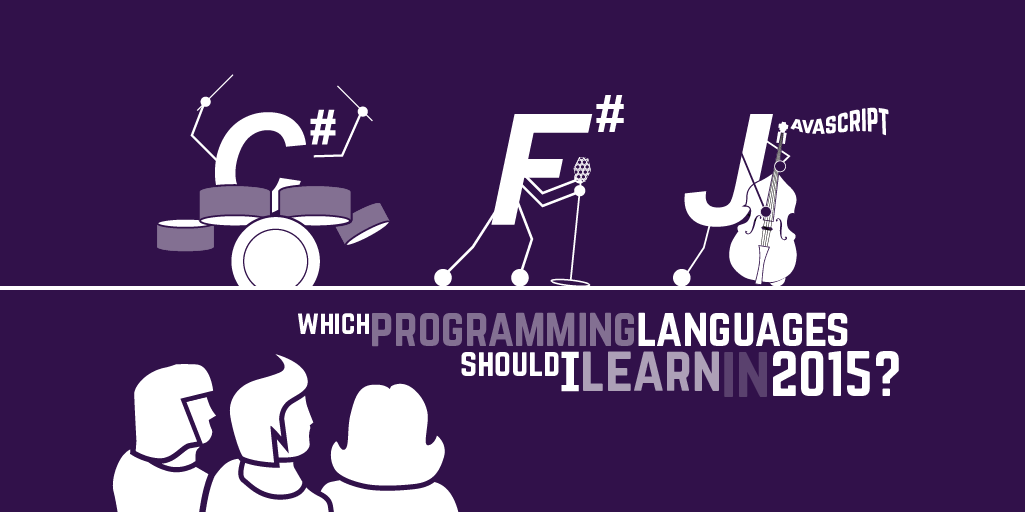

- #Programming language list 2015 how to#
- #Programming language list 2015 code#
- #Programming language list 2015 download#
- #Programming language list 2015 free#
Not if you have an old enough, cheap enough phone! Are you interested in promoting your own content? STOP! Read this first.For posting job listings, please visit /r/forhire or /r/jobbit.Do you have something funny to share with fellow programmers? Please take it to /r/ProgrammerHumor/.Do you have a question? Check out /r/learnprogramming, /r/cscareerquestions, or Stack Overflow.Direct links to app demos (unrelated to programming) will be removed.
#Programming language list 2015 code#
If there is no code in your link, it probably doesn't belong here.

#Programming language list 2015 download#
#Programming language list 2015 free#
MIT OpenCourseWare is a free & open publication of material from thousands of MIT courses, covering the entire MIT curriculum. This OCW supplemental resource provides material from outside the official MIT curriculum. Video lectures on computational models of cognition by Josh Tenenbaum.Introductions to probability and probabilistic approaches to modeling behavior.The concepts are then explored through examples such as hypothesis testing in the domain of coin-flipping, and reasoning about the goals and beliefs of an agent.

#Programming language list 2015 how to#
In this tutorial, you will first learn the syntax and some basic primitives of the Church language, and how to define functions that implement simple probabilistic models and inference methods. The Church programming language was designed to facilitate the implementation and testing of such models. The unit on modeling human cognition introduced a framework based on the creation of generative models of the physical and social worlds that enable probabilistic inference about objects, agents, and events. (Image courtesy of Josh Tenenbaum, used with permission.) Such programs can be implemented and tested using probabilistic programming languages such as the Church language. Josh Tenenbaum and colleagues propose that our intuitions about properties like the stability of a stack of blocks, may derive from "probabilistic programs" that can simulate, with some uncertainty, the physics that governs how objects behave in space and time.


 0 kommentar(er)
0 kommentar(er)
